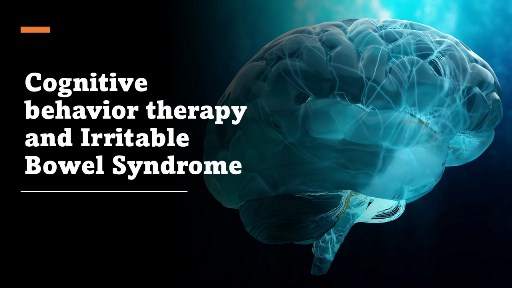Last Updated on February 18, 2023 by Dr. Abadullah Sajid Bashir
Cognitive behavior therapy in which people are helped in such a way that they can identify the negative thoughts within themselves and know the attitudes and can prevent it. Doing so increases the chances of correcting the symptoms or discomfort that the patient is experiencing. This is because the patient is trained to first identify his or her negative attitudes. Take it and then try to prevent it by yourself.
[1]https://depts.washington.edu/dbpeds/therapists_guide_to_brief_cbtmanual.pdf
Process of Cognitive behavior therapy
The procedure is as follows
- Identifying negative thinking
- Skill development
- Set goals for yourself
- Solve problems
Identifying negative thinking
The first thing a patient is taught is to identify what negative thoughts are inside him. Similarly, what are the main reasons that are creating negative thoughts inside him. Psychiatrist train the patient to see and understand for himself and to know where he/she is wrong.
Skill development
The second step is to develop a skill within oneself so that he can achieve the desired results. Keep practicing. Keep practicing to eliminate negative thinking.
Set goals for yourself
The third step is to set goals for yourself, that is, if there is a disorder, to get rid of it, set a goal for yourself that I have to get rid of it. Once the brain is set round, then the brain is engaged in achieving it, which can be of significant benefit.
Solve problems
Solve the problem of including this thing in yourself. Try to solve small problems to big problems. Try to solve your own problems. Think about the root cause of the problem and how to solve it by identifying yourself.
[2]The Processes of Cognitive Behavioral Therapy: A Review of Meta-Analyses | SpringerLink
[3]https://www.mirecc.va.gov/visn16/docs/therapists_guide_to_brief_cbtmanual.pdf
IBS and Cognitive behavior therapy, how does it beneficial?
IBS is a disease in which the changing symptoms inside the patient make it difficult for him to live. Sometimes diarrhea, sometimes constipation, sometimes gas, sometimes confusion in the abdomen etc. afflict the patient. Food content is a big factor in the causes of IBS. Which leads to show symptoms.
For Detailed and comprehensive information about Irritable Bowel Syndrome (IBS) Click Here
Mental problems can have a number of psychological disorders, such as anxiety and stress, which can lead to symptoms of IBS.
Cognitive behavior therapy helps in IBS in such a way that the problems related to the brain such as anxiety and stress etc. can be practiced to eliminate it on its own. Find out what is causing the problem, then think of different ways to eliminate it and then practice these methods. And finally be able to remove the problem.
As the anxiety and worry subside, the patient’s symptoms of anxiety will subside and he or she will return to a normal life.
Research has shown that people with more mental health problems are more likely to have IBS.
And cognitive behavior therapy can be helpful. If you fix the brain and your psychological problems, then the symptoms of IBS will be corrected automatically and the patient will return to his real life.[4]Cognitive-Behavioral Therapy for Irritable Bowel Syndrome | SpringerLink[5]https://www.ucl.ac.uk/clinical-psychology/competency-maps/physical-health-conditions-competences/specific interventions/CBT for Irritable Bowel Syndrome web.pdf[6]https://core.ac.uk/download/pdf/70339819.pdf[7]https://bmjopen.bmj.com/content/bmjopen/5/7/e008622.full.pdf
Written By:
- Dr. Abadullah Sajid Bashir
Reviewed By:
- Dr. Muhammad Khan Malik
For Reviewer Detail Click Here
References
| ↑1 | https://depts.washington.edu/dbpeds/therapists_guide_to_brief_cbtmanual.pdf |
|---|---|
| ↑2 | The Processes of Cognitive Behavioral Therapy: A Review of Meta-Analyses | SpringerLink |
| ↑3 | https://www.mirecc.va.gov/visn16/docs/therapists_guide_to_brief_cbtmanual.pdf |
| ↑4 | Cognitive-Behavioral Therapy for Irritable Bowel Syndrome | SpringerLink |
| ↑5 | https://www.ucl.ac.uk/clinical-psychology/competency-maps/physical-health-conditions-competences/specific interventions/CBT for Irritable Bowel Syndrome web.pdf |
| ↑6 | https://core.ac.uk/download/pdf/70339819.pdf |
| ↑7 | https://bmjopen.bmj.com/content/bmjopen/5/7/e008622.full.pdf |

